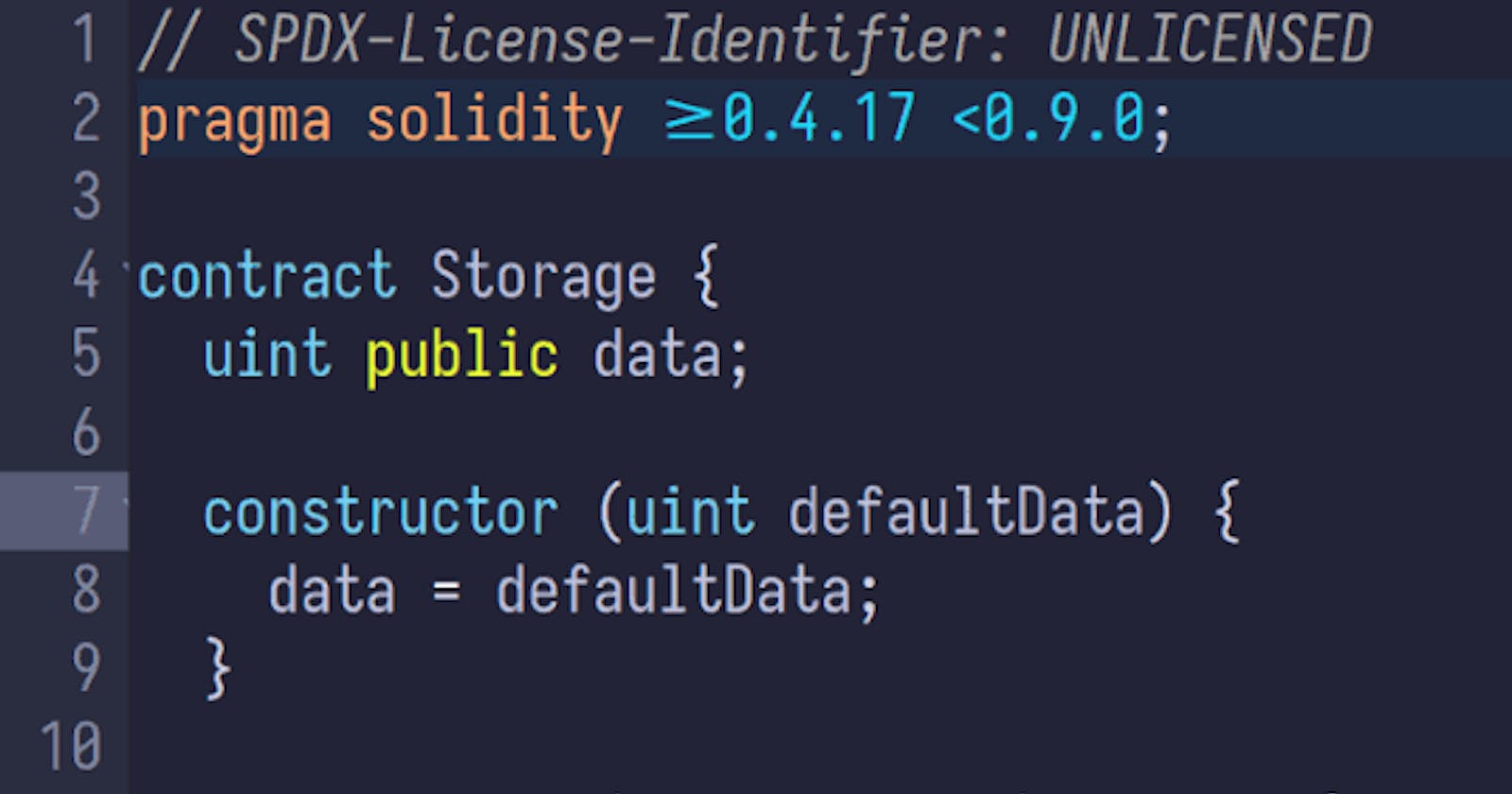Table of contents
No headings in the article.
Solidity is a programming language specifically designed for writing smart contracts on the Ethereum blockchain. When working with Solidity, you often encounter situations where you need to choose between uint and int data types. Understanding the characteristics and appropriate usage of each type is crucial for developing reliable and efficient smart contracts. Let's delve into the details of uint and int in Solidity.
- Unsigned Integers (uint):
Unsigned integers in Solidity (uint) represent only non-negative numbers including zero. They don't have a sign bit, which allows them to utilize all bits for magnitude representation.
It is expedient we use this when dealing with quantities that are always non-negative, such as array indices, lengths, or counts,when you want to maximize the range of positive values that can be represented,when working with Ethereum-related concepts like token balances, timestamp values, or gas prices.
Example: uint8 public itemCount = 10; uint256 public totalAmount = 1000;
- Signed Integers (int):
Signed integers in Solidity (int) can represent both positive and negative numbers, including zero. They use a bit to represent the sign of the number (positive or negative).
We use this: When the values you work with can have both positive and negative numbers. When you need to perform arithmetic operations that involve negative quantities or differences between values. *When dealing with scenarios where a value can go below zero.
Example: int16 public temperature = -10; int256 public balance = 1000;
Considerations when choosing uint or int in Solidity: 1.Arithmetic Operations: When performing arithmetic operations involving uint and int, care must be taken to avoid unexpected results. Mixing signed and unsigned integers can lead to unintended behavior, such as unsigned integer underflows or overflows. Ensure you handle boundary conditions appropriately and consider potential overflow/underflow scenarios.
2.Compatibility and Interoperability: When developing smart contracts, it's crucial to consider the compatibility and interoperability of data types with external systems, libraries, or other smart contracts. Ensure that the data types used align with the expectations of the external components you interact with to avoid compatibility issues.
3.Gas Efficiency: Solidity operates in a resource-constrained environment, where gas is the unit of computation cost. Using the appropriate data type can optimize gas consumption. Unsigned integers (uint) generally consume less gas than signed integers (int) because they don't need to reserve a bit for the sign.
4.Code Clarity and Intent: Choosing the right data type enhances code clarity and conveys your intention more explicitly. Using uint when you only expect non-negative values makes your code more self-explanatory and understandable to other developers.

